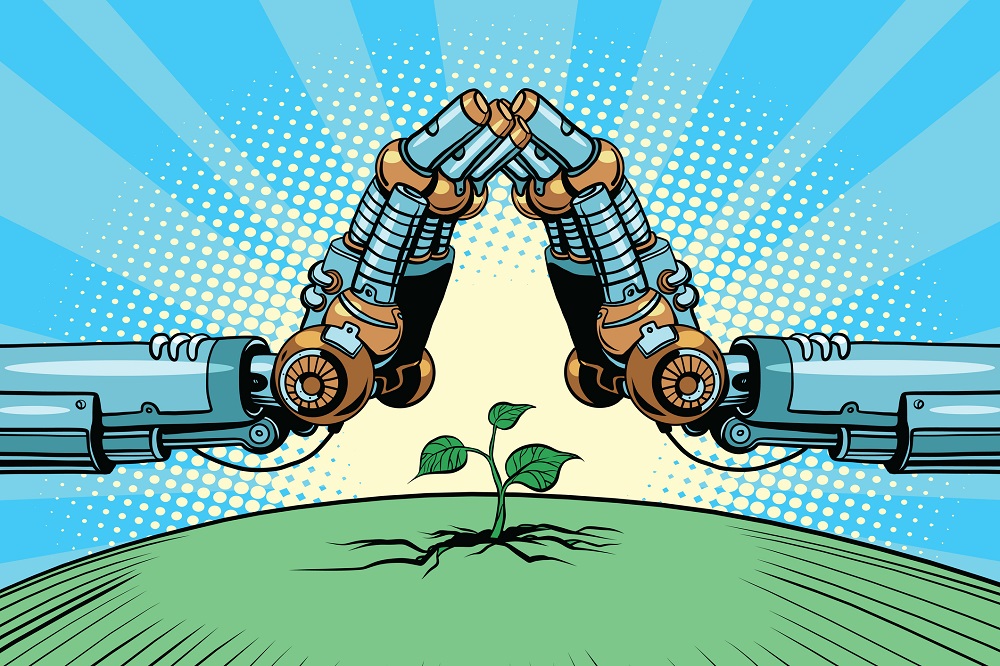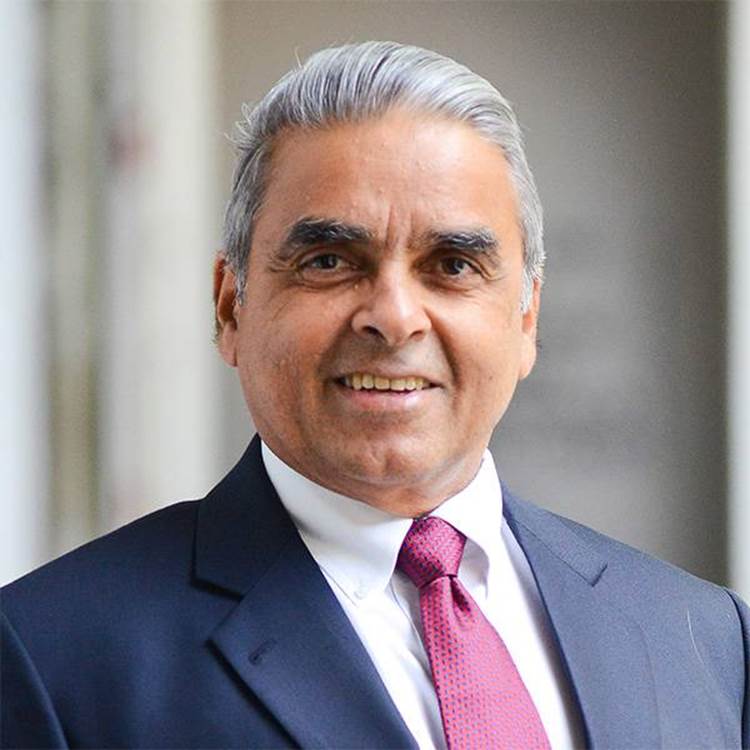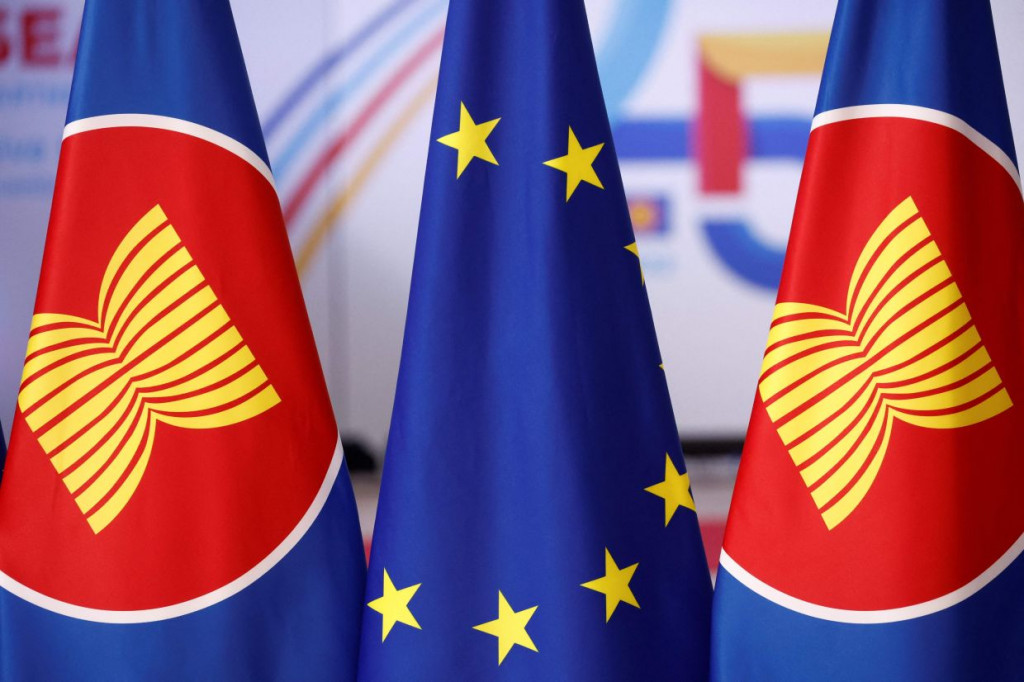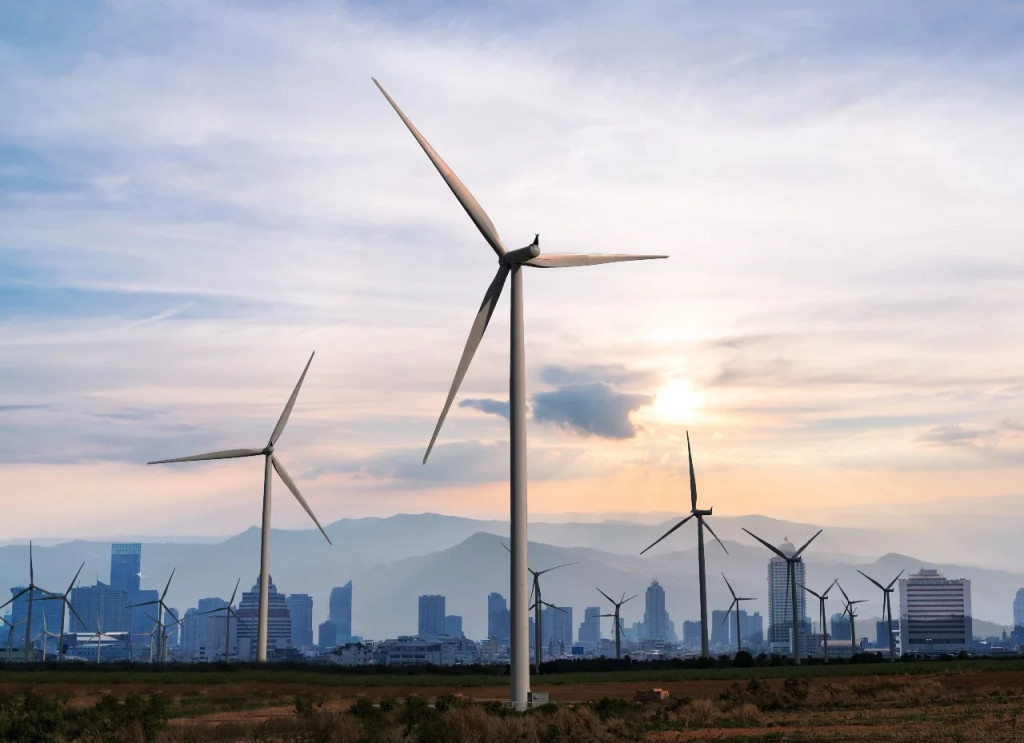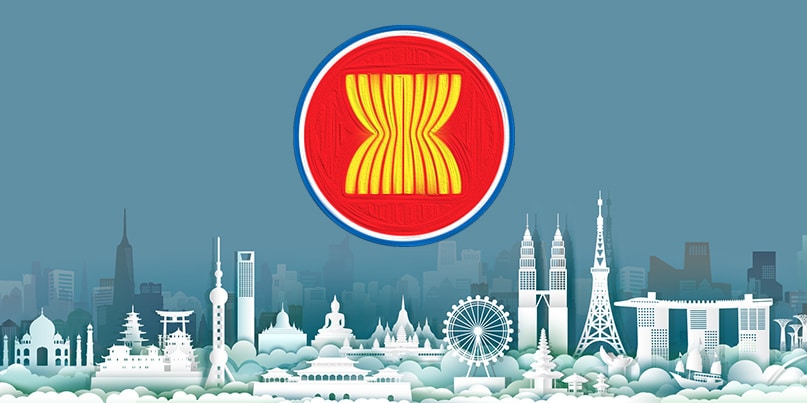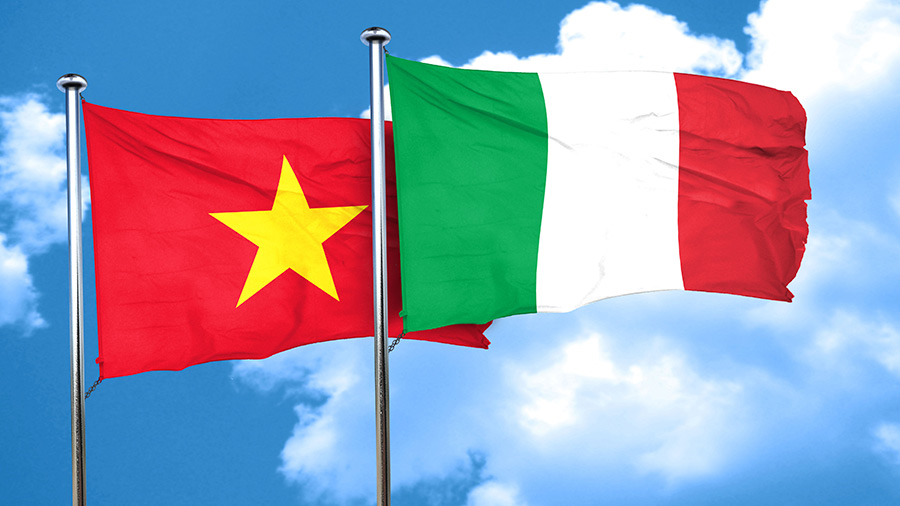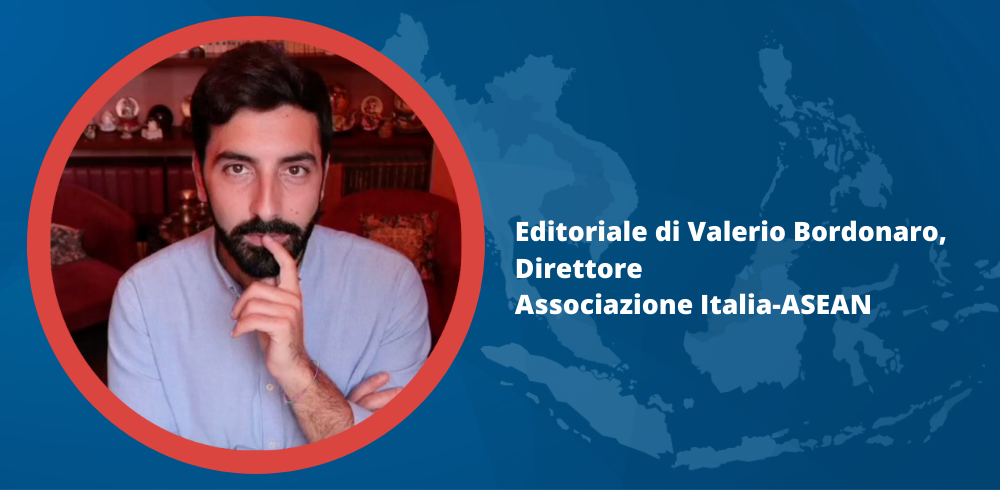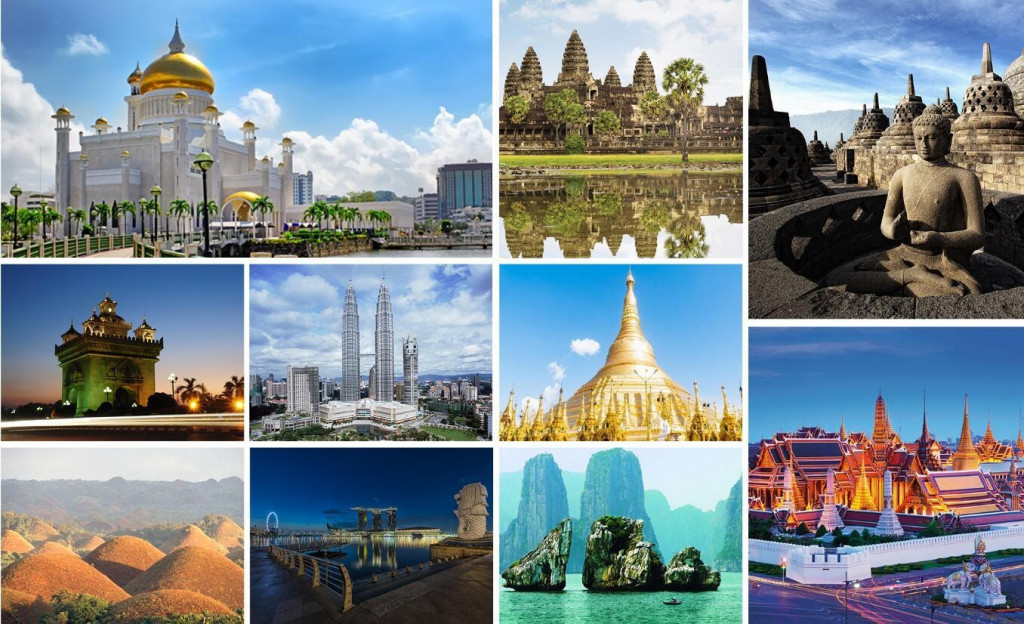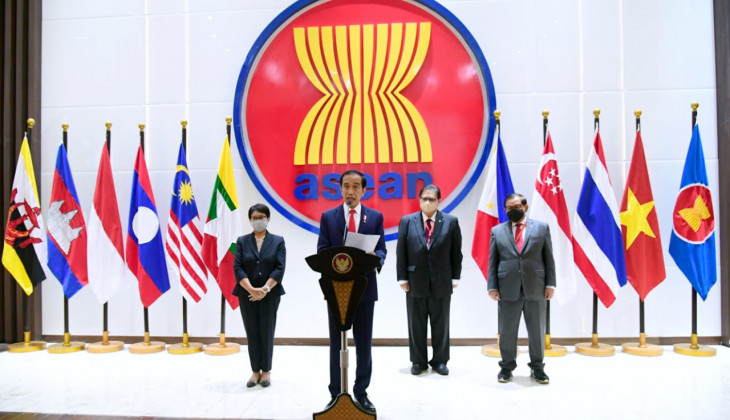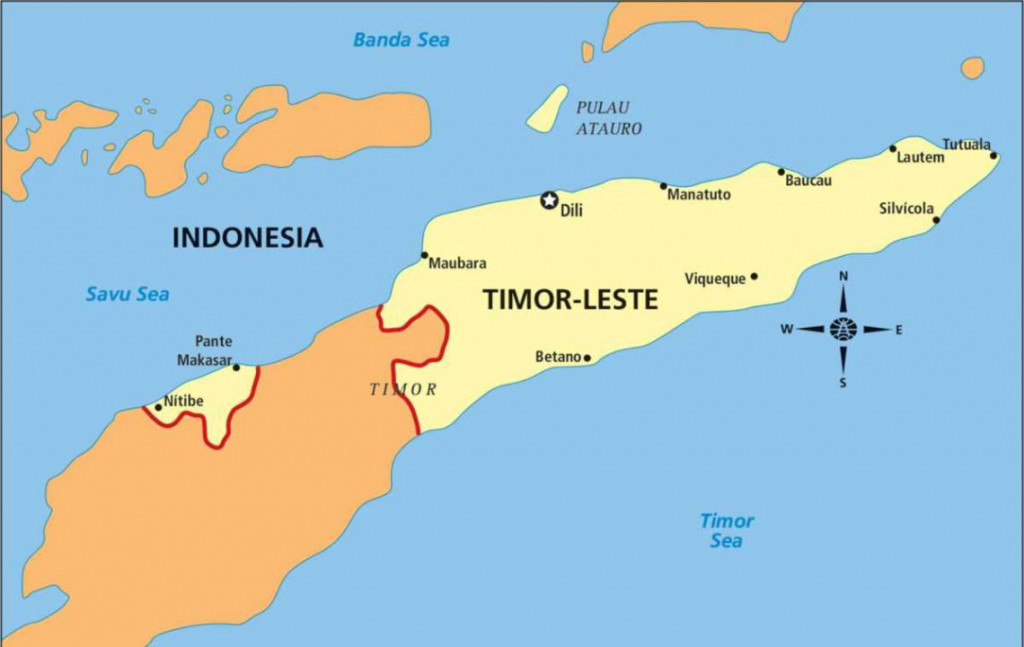Some South-East Asian countries are starting to use artificial intelligence services in order to act faster and reduce the impact of floods and inundation
Thailand and Vietnam, like other South-East Asian states, are countries that, due to their geographical location and climate, frequently experience flooding. These floods can be 'deadly' to varying degrees, causing widespread damage to infrastructure, and mainly resulting in loss of life. According to the World Meteorological Organisation, climate- and water-related hazards caused USD 35.6 billion worth of damage in Asia in 2021. The annual WorldRiskIndex identified the Philippines as the country most vulnerable to disasters in 2021, and many other Asian countries were also classified as very high risk. One way these countries are working to mitigate the impact of floods is through the use of artificial intelligence (AI) services for weather warnings. Two companies at the forefront in this area are Weathernews and Spectee.
Weathernews is a Japanese company that specialises in weather forecasting and provides services to customers around the world. This service uses artificial intelligence algorithms to provide highly accurate weather forecasts. The service is designed to help companies and governments make better decisions based on weather forecasts, for example by issuing early weather warnings for flood-prone areas. Weathernews uses several sources to collect data for its weather forecasting services, including public weather services, its own proprietary network of more than 13,000 observation points, and reports from individuals. The company also collects observation data from ships and aircraft.
The goal of Weathernews president Chihito Kusabiraki is to increase revenues from foreign countries by a further 30 per cent from 40 per cent to 70 per cent of the total. At present, most of Weathernews' international customers are logistics service providers, such as airline operators and shipping companies. In South East Asia, Weathernews plans to launch its artificial intelligence-based forecasting service by March 2023 in Thailand and by June 2023 in Vietnam. With this new service, the company aims to expand its customer base. The company's goal is to increase total revenue in Thailand and Vietnam to ¥3 billion (US$22.6 million) per year.
Another company that is using artificial intelligence to provide weather warnings to flood-prone areas is Spectee, a Japanese company that specialises in providing news and information about natural disasters, including floods, through the use of artificial intelligence algorithms that can quickly identify images, videos and information about floods, shared on social media. This information is then used to create alerts that can be sent to authorities and emergency responders in affected areas. The company announced that once a partner is found, it will set up a local unit in the Philippines that will keep track of information, photos and videos on social media to map natural disasters in the country.
The advantage of using artificial intelligence services for weather warnings in flood-prone areas such as Thailand and Vietnam is that they can provide real-time information that can help authorities act quickly. However, using artificial intelligence services for weather warnings also presents potential problems. One of these is that many people may not have access to the technology needed to receive weather warnings. For example, people living in remote areas may not have access to smartphone networks. This could make Spectee's system inefficient. Another concern is that companies and government agencies in emerging Asian economies may find it difficult to afford products designed for customers with greater economic hardship.
Despite these concerns, it is clear that artificial intelligence services for weather warnings have the potential to be a powerful tool for mitigating the impact of floods. By providing real-time information on weather patterns and flooding, these services can help authorities to act quickly and reduce the impact of flooding on local communities. As these services continue to develop and become more advanced, it is likely that they will play an increasingly important role in disaster response efforts not only in South-East Asia, but worldwide.

